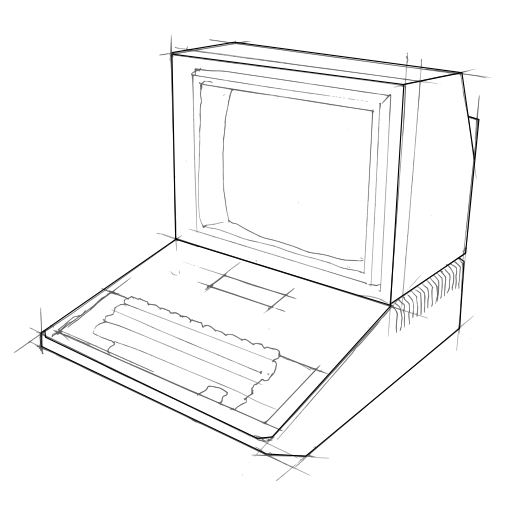Moose and I are in Barcelona for a couple of weeks while I get properly up to speed on the RjDj iPhone code which I haven't really been involved enough with so far, concentrating mainly as I have on the server side of things. We are really digging Barcelona and its lovely relaxed atmosphere, great food, and amazing buildings everywhere. We have even tried to pick up a little local vocabulary. Today we plan on taking a day trip up to Montserrat by cable car.
The social and server side features I've been working on for the last 5 months for Reality Jockey Ltd. along with the rest of the team, are finally online, co-incident with an update of the main app and the albums being made free for a limited time. This is in huge part due to Andie, who really kept us all focussed and moving constantly towards this target. Live site, at last! Feels great.
This is pretty exciting for me as it's the first time a project that I've been a part of has made it onto the Boing Boing network. Offworld post, yay!
In addition to that, RjDj chose to feature a couple of my scenes, which I worked on in my spare time outside company hours: CanOfBeats, and GhostWave, which has propelled them to into the 'most popular' position on the website. They never would have been finished in time if it was't for Frank and Florian's hard work at the last minute, fixing all my horrible bugs and adding nifty features.
My excitement is only tempered by the fact that I wrote a large amount of the server side code, so if it collapses in a heap under the weight of the ogling internet it's probably my fault. It seems to be holding up alright so far though, with most of the heavy content in Amazon's S3 cloud, and liberal use of FastCGI and LightHTTPd. The backend is mostly written in Django + Python if you'd like to know. Python is a king amongst programming languages and it means that I go to work each day looking forward to writing code instead of dreading null pointers, buffer overflows, lack of type flexibility, arcane syntax, and all of the other horrid issues which plague other popular programming languages.
The other huge piece of amazing tech that I should mention and which makes up probably the bulk of the client side code is the free and Open Source (BSD license) Pure Data DSP patching language by Miller S. Puckette. Whilst not a wonderful general purpose programming language, it does one thing and does it superbly. All of the RjDj scenes are actually just Pd patches with a fancy image or two and some custom externals running.
Good times!


